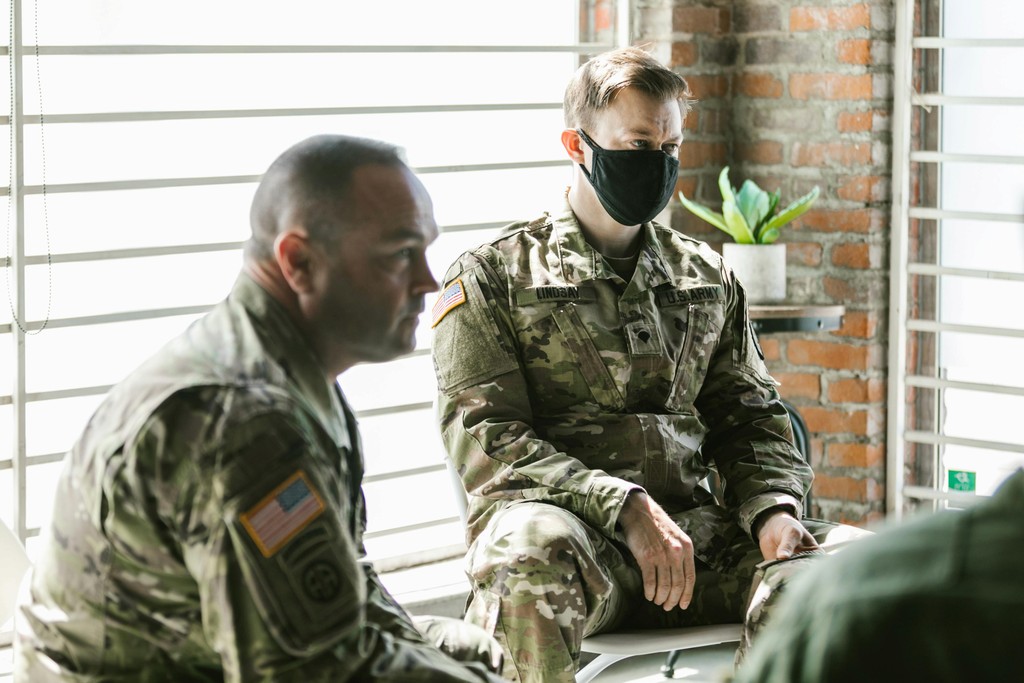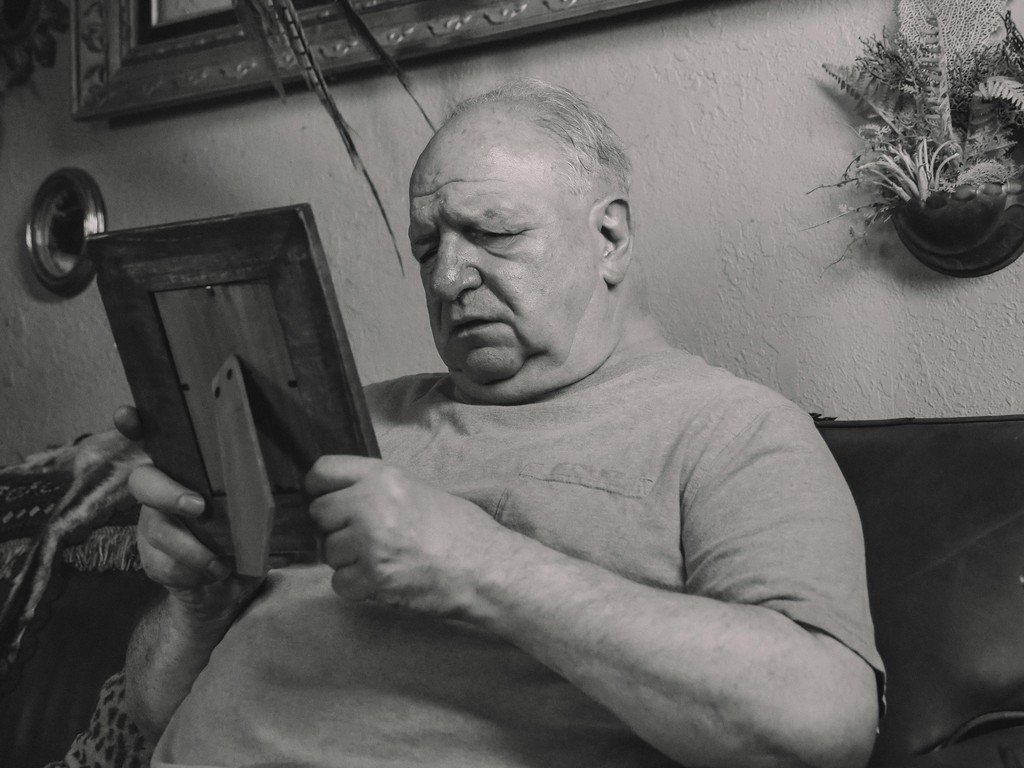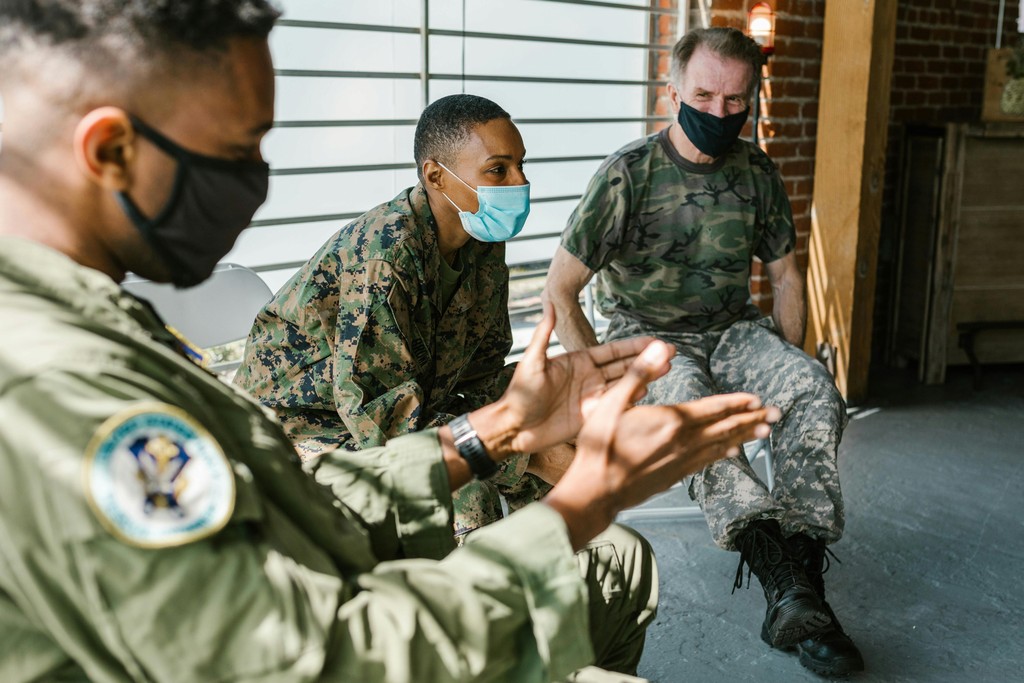
Ryan
May 17, 2024
Preserving the Memories of Humanitarian Heroes
There are times when we live in a world filled with skepticism, and that is why there are those special people who light up our hope. These are the people who are kind and courageous, who can lay their lives for other people in trouble, or who spend their lives saving other people's lives. Their stories are the riches we should not let go of at any cost. However, how can these stories continue to be passed on to future generations?
These heroes, therefore, have made a great impact on everyone's lives through their good deeds. Their stories are a great lesson of how much can be done just by being kind and caring towards other people. However, as the day wears on, it is difficult to recall them. Thus, what steps must be taken to ensure that their memories are preserved and told so that others may follow them? That is our problem.
One critical solution that can help with this is archiving memories. Thus, collecting and preserving these humanitarian heroes' accounts protects their legacies for the future. Through interviews, biographies, or other stored media, archiving the memories helps preserve these invaluable stories from being forgotten with time. This helps ensure that future generations can have courage and compassion just as we do.
Understanding Humanitarian Heroes
Humanitarian heroes refer to individuals who have devoted their lives to the well-being of others. They are usually posted under challenging contexts, helping people in need, regardless of color, belief, or origin. Some fantastic people are amiable, courageous, and never lose hope. They try so much to assist individuals in desperation and, thus, to right the world. They may be the people who stand up for everyone's rights, or they may go to the war zones to bring in aid. Whatever they do, they make us feel positive, and we are also urged to do something for others!

Why It Is Important to Remember Things
It is vital to conserve memories. When we protect our memories, we are also protecting a part of ourselves in the process. These memories are like tiny treasures that contain all our emotions, all our history, and all that defines us. They assist in keeping track of our past, the things we have done, the things we have learned, and all the great and beautiful moments that have brought joy and knowledge into our lives.
It is not just about us, though. It is like leaving a map and clues for the next generations as to what to do when they reach our age. Thus, we are providing them with a glimpse into our lives and the time that we are describing to them. Others may get ideas from us, relate to us, and be inspired to start their own journey.
Also, keeping memories alive can unite people. From telling the stories of our families during dinner time to celebrating the culture, memories make us feel that we are not alone. They tell us that we belong to a larger group, a community, or even a society.
So let me finish. Please hold on to those memories tight. They are essential not only for historical purposes but also for building the future and preserving our relationships.
Challenges in Preserving Memories
Fading Memories: Human memory is not perfect and tends to fade with time, so it becomes quite complicated to capture history and experiences fully.
Lack of Documentation: In many situations, it is still challenging to provide a clear account of the events that transpired in the past due to the lack of documented evidence, which poses particular difficulties in preserving various histories.
Technological Obsolescence: Can you imagine a chest full of pleasant experiences, but the key to opening the chest is not always the same? That is how it works with technology, though. There are always new products and applications on the market, so old items such as VHS tapes and disks with a floppy are becoming obsolete. This can be an issue in preserving digital records because, one day, no machines can even read them!
Preservation Costs: Storing things, including memories, in a way that can be digital or even tangible takes money and may also need money in the future to maintain or update the process.
Cultural Sensitivity: Memories are delicate, sometimes like walking on a tightrope. It is significant to understand that what different cultures or people want done with their stories is what should be done. We also need to ensure that the information passed to others is correct and presented dignifiedly. It is all about moderation!
Keeping the Past Alive: Methods of Archiving
This is the process of ensuring that certain tales and documents are not lost and can be passed on to the next generation and the generations to come. There are many possibilities to achieve this, and each has its own approach and function.

Oral History Projects
Another technique is to document the events and get their accounts from the people who were there. This is known in academic circles as an oral history project. It is similar to hearing a person's narrative directly from them, which could help comprehend past events.
Scanning Paper and Photographs.
Another way is to digitize the papers and photos kept in the house by scanning them. This means keeping them on a computer and being able to retrieve them when we want to view them again. It is like duplicating a vital document to avoid losing it or damaging it in the process.
Creating Museums and Memorials
At times, memories are stored by placing them in museums, memorials, or similar places. These are specific locations designated to inform people of significant events and the individuals involved in those events. It's as if history is painted so people can watch and then get the message and lesson from it.
These things help one recall the great individuals who made history and why they are relevant to our daily lives.
Technological Impact on Memory Storage
That is what technology is like: a memory machine with superpowers to ensure they do not disappear. Here are some fantastic tech hacks that assist in preserving the past in the present world:
Digital Magic: Have you ever wanted your photo albums and tapes to last a lifetime? That is why technology is like a superhero for memories. It can scan and convert all those pictures, papers, and recordings into digital forms. This also means one can avoid getting torn or misplaced. First, these digital treasures are easy to obtain and send to friends and family members, regardless of the distance between them.
Recording Stories: I hope you can join me in this interview, where I ask people all the burning questions about their lives and what they have seen and done. Advanced tools allow us to record those stories. Thus, even after people are gone, their tales remain with us to hear and, hopefully, heed.
Virtual Adventures: Have you ever wanted to go back in time? Indeed, with the help of Virtual Reality (VR) technology, you sure can! With VR, one can travel to the ancient world, visit a museum, and witness history. You feel like you are in a different era when you go there!
Social Sharing: Do you habitually post a funny video or a cute picture on social media sites? Yes, people also share memories there! From television footage of past events to people's experiences and photographs, social media enables people to preserve and share memories with others.
That is why memories can be kept alive with the help of technology. It can be lively and exciting and will always be a source of inspiration and knowledge for everyone in the present and the future.
Ways to Get Children Interested in Learning
What can we do to make children of the future look forward to documenting their lives? History can be fascinating, and we can help make it that way! Educational entertainment includes options such as interactive exhibitions and historical events that allow children to touch history with their own hands. Also, there are beautiful websites and applications where they can learn so many exciting things about the past!
The Strength of Communities Contribution
Since memories are precious, they should be saved, which is not something one person can do alone. It is more fun and efficient when everyone in the community works together. Local communities can teach people about their history, and working with professionals, such as teachers and museums, allows us to use even more effective tools. Also, there are online projects where people can share their stories and memories to contribute to the ample storage of the past.
The Role of Media in Remembering Our Heroes
The role of media cannot be overlooked in this aspect because through movies, TV, and the internet, among others, the memories of warriors are preserved. Here's how:
Movies: Have you ever seen a documentary about a person who achieved so much in life? Documentaries are like real-life stories told on the big screen, like a historical drama, only more real. We are informed of heroes and why they are so important.
TV Shows: Certain shows aired on television are about heroes and what they have done. These shows impart knowledge about the hero and why the hero is a hero.
Websites and Social Media: Have you ever read stories of people who are called heroes on the internet? Websites and social networks are where people share stories and pictures of heroes. It feels like an extensive library where everyone can read the books representing their memories.
Thus, the media is like a big storyteller that assists individuals in remembering their heroes. Their stories are told through television and the internet, and their greatness is remembered.
International Collaboration and Exchange
Thus, cooperation with other countries and the exchange of experiences are crucial for protecting the memory of the greatest humanitarians and their heritage. When people and organizations from different countries collaborate, they can exchange ideas and assist one another.
When working with individuals from other regions, it is possible to gain new and more efficient approaches to maintaining memories. We can discuss our various encounters and procedures for undertaking our responsibilities to devise better ways of doing our work.
Such meetings and events where people from different parts of the world converge are helpful. On such occasions, one can discuss the initiatives being taken to preserve memories and the things that have been learned. This brings us together, and we can achieve more.
That is why working in a team is effective: we can cope with difficulties more easily if we are not alone. Thus, we can divide our ideas and materials and support each other in creating a great project. When people work together, they can share their old photos and documents and also help each other with research.
Conclusion
Preserving memories is crucial, as well as respecting the memories of such humanitarian icons and motivating others in the future. Thus, the actions of these people are recorded, and their stories can affect the hearts of millions of people. Therefore, it is possible to overcome the problems associated with memory and, thanks to cooperation and technological advancements, let the voices of the heirs to heroic humanitarians be heard in the future.
